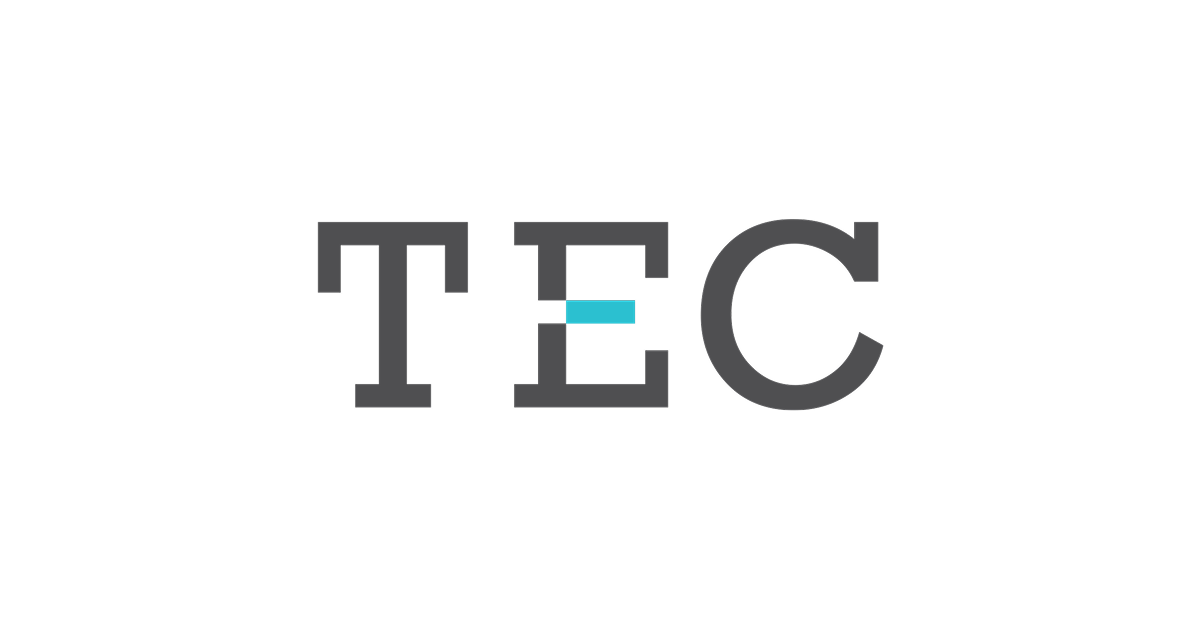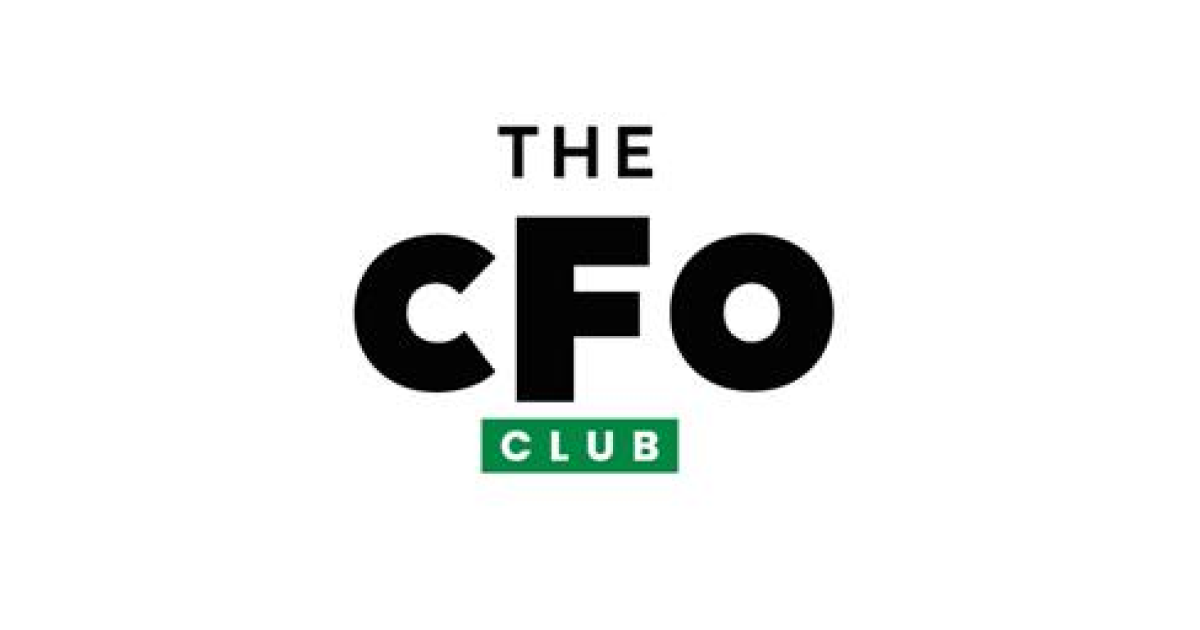Fast Company’s “The Supply Chain Playbook Is Broken” highlights how recent crises—from U.S. port strikes to Red Sea disruptions—have exposed the fragility of global trade systems. The article argues that the era of pure efficiency is over; resilience and adaptability now define competitive advantage. It explores how organizations are blending technology, culture, and long-term strategy to withstand volatility. AI, automation, and digital twins are emerging as tools for predictive planning, while human expertise and workforce reskilling remain central to sustaining operational agility and innovation.
Within this discussion, Resilinc is cited for its supply chain risk monitoring and resiliency analytics, reporting that global disruptions jumped nearly 40% in 2024. This data underscores the article’s central thesis: disruption is no longer rare, and businesses must anticipate—not just react to—risk. Resilinc’s insights provide empirical validation for the shift from efficiency-driven to resilience-focused strategies, positioning the company as a leading authority in real-time disruption intelligence and proactive supply chain risk management.




